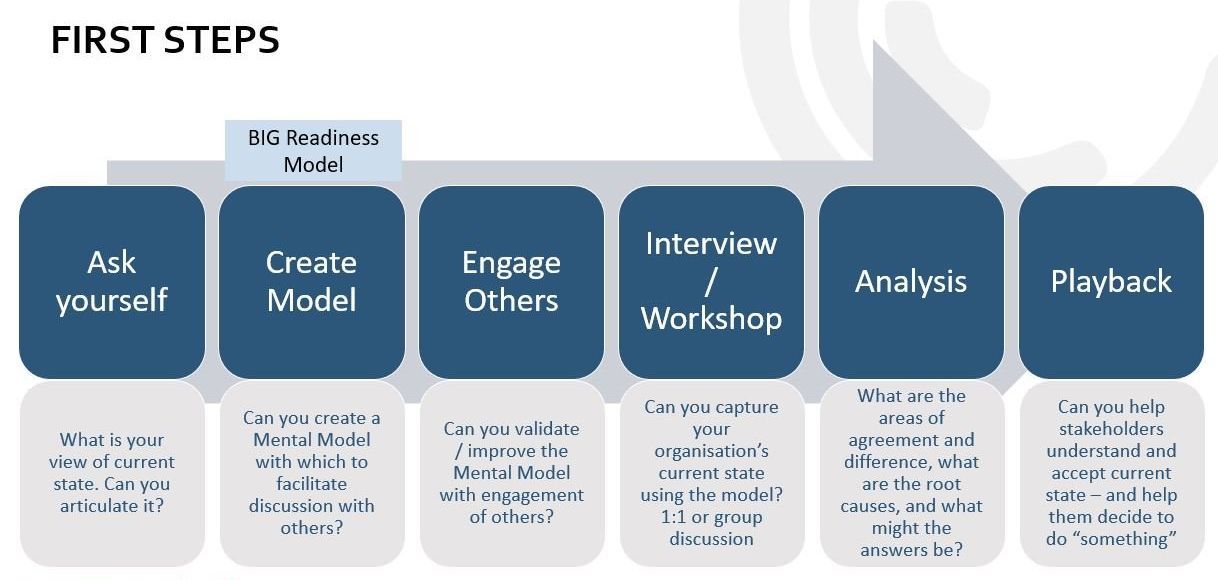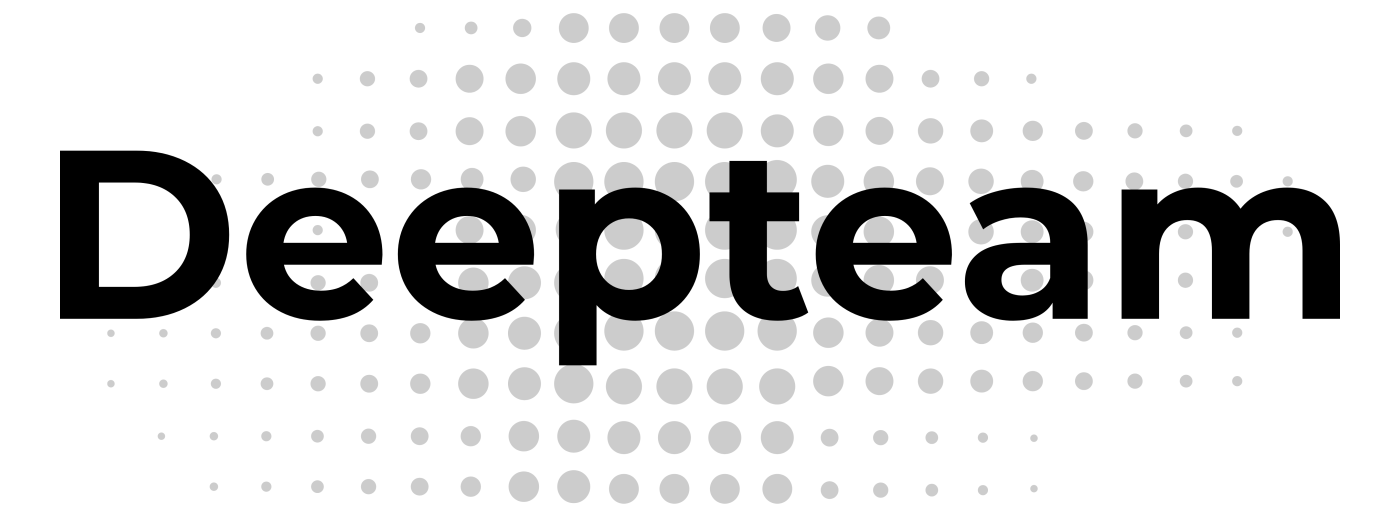First Steps
Agreeing to do 'something' BIG?
Having heard about Business Integrated Governance through the Praxis Framework or the Business Integrated Governance CIC, or seen our activity in thought leadership groups - What next?
Many of us are action orientated. We see a problem / opportunity and we want to make solutions. Who hasn't heard of 'quick wins'? We all want to 'get on and do', and work within our areas of influence.
However - Business Integrated Governance spans many domains. We need a senior sponsor or an amazing ability to persuade and collaborate to reach the executive agenda. Being parochial or trying to dictate with BIG will not work!
We STRONGLY recommend establishing a broad appreciation of opportunity / threat and building of an appetite to do something - before we gallop off and start doing too much.

We believe therefore that an informal process of laying the foundation and building a consensus of opinion is vital to begin BIG improvement.
We are not alone in this thinking. Within the Toyota Production System – and Japanese culture itself – the word Nemawashi ('Ne' - roots 'Mawashi' - around) has come to mean an informal process of laying the foundation and building a consensus of opinion before starting to make formal changes to any particular process or project. It starts before any requirements, any vision, any build - yet it is a step that so many miss out before significant change projects.
Hence, the Deepteam "First Steps" consulting package helps you define and confirm appetite for change across relevant stakeholders, and help you be an 'intelligent customer' for what may follow.
For a specific example of the use of "First Steps" for improvement of strategy delivery -
click here.

We suggest asking us to support a First Steps Discussion which would provide you with a PowerPoint template we would complete at a 2-3 hour meeting to help get you started.
- Trigger Moments - do you have a burning platform or a vision of paradise which will engage your colleagues to start a BIG Journey? Lets discuss!
- How to build consensus on current state, and agree to do "something" - lets go through your pains and think about the relevant solution components to respond to them with
- Vision - what would a simple illustration of this look like - lets mock up an example you can use
- Roadmap - lets leverage the BIG BoK and mock up an example you can use
Clearly - in the space of a couple of hours, this is not going to provide the details for a business case - but it possibly gets you a sponsor and funding to make one...
Please get in touch if you would like to book a First Steps Discussion.



